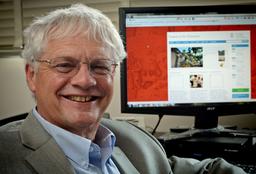
Lloyd Kramer is the Director Carolina Public Humanities and a Professor of History. He joined the UNC faculty in 1986 and has often presented lectures on historical subjects at seminars for “Adventures in Ideas.” He has also served on the CPH Faculty Advisory Board, participated in Carolina Public Humanities’ long-range strategic planning, led Executive Seminars on the Humanities at off-campus venues, and directed the History Department’s “Project for Historical Education”—a longtime program of seminars for history teachers in the public schools. He became Director of Carolina Public Humanities in July 2014.
Professor Kramer’s teaching and research focus on Modern European History with an emphasis on nineteenth-century France. He is particularly interested in historical processes that shape cultural identities, including the experiences of cross-cultural exchange and the emergence of modern nationalism. Other research and teaching interests deal with the roles of intellectuals in modern societies and the theoretical foundations of historical knowledge. One recurring theme in all of his research and teaching stresses the importance of cross-cultural exchanges in modern world history.

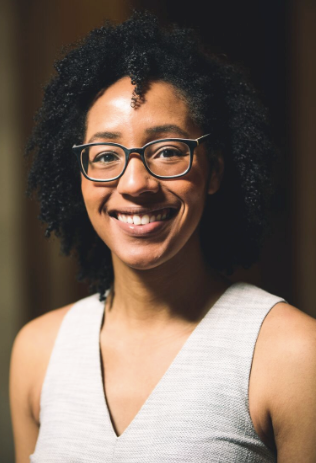 Ashley Anderson is an Assistant Professor of Political Science at the University of North Carolina, Chapel Hill. She received her Ph.D. and M.A. in Government from Harvard University, and also holds a B.A. in International Relations from Stanford University. Most recently, she served as a post-doc in the UNC Political Science department with funding from the Carolina Post-Doctoral Program for Faculty Diversity. A specialist in comparative politics, her research interests include contentious politics, authoritarian regimes, and political institutions.
Ashley Anderson is an Assistant Professor of Political Science at the University of North Carolina, Chapel Hill. She received her Ph.D. and M.A. in Government from Harvard University, and also holds a B.A. in International Relations from Stanford University. Most recently, she served as a post-doc in the UNC Political Science department with funding from the Carolina Post-Doctoral Program for Faculty Diversity. A specialist in comparative politics, her research interests include contentious politics, authoritarian regimes, and political institutions.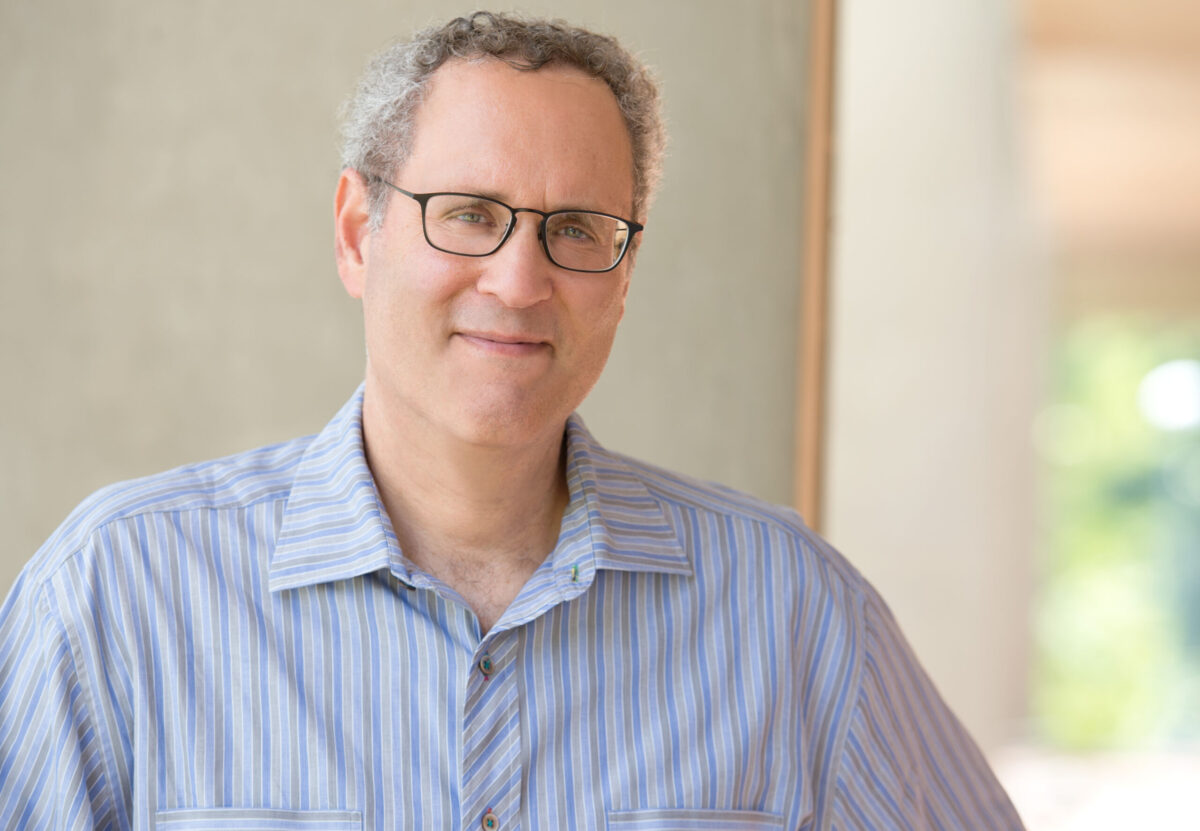 Michael Gerhardt joined the Carolina Law faculty in 2005 and serves as the Burton Craige Distinguished Professor of Jurisprudence. His teaching and research focuses on constitutional conflicts between presidents and Congress. Gerhardt is the author of seven books, including Lincoln’s Mentors (Harper Collins, 2021), and leading treatises on impeachment, appointments, presidential power, Supreme Court precedent, and separation of powers. He has written more than a hundred law review articles and dozens of op eds in the nation’s leading news publications, including SCOTUSblog, The New York Times, and Washington Post. His book, The Forgotten Presidents (Oxford University Press 2013), was named by The Financial Times as one of the best non-fiction books of 2013. He was inducted into the American Law Institute in 2016. Gerhardt attended the University of Chicago Law School, where he graduated order of the coif and served as a research assistant to both Phil Kurland and Cass Sunstein and as one of the two student editors of The Supreme Court Review. After law school, he clerked for Chief District Judge Robert McRae of the U.S. District Court of the Western District of Tennessee and Judge Gilbert Merritt of the U.S. Court of Appeals for the Sixth Circuit. He served as Deputy Media Director of Al Gore’s first Senate campaign, practiced law for three years for two boutique litigation firms in Washington and Atlanta, and taught for more than a decade at William & Mary Law School before joining Carolina Law.
Michael Gerhardt joined the Carolina Law faculty in 2005 and serves as the Burton Craige Distinguished Professor of Jurisprudence. His teaching and research focuses on constitutional conflicts between presidents and Congress. Gerhardt is the author of seven books, including Lincoln’s Mentors (Harper Collins, 2021), and leading treatises on impeachment, appointments, presidential power, Supreme Court precedent, and separation of powers. He has written more than a hundred law review articles and dozens of op eds in the nation’s leading news publications, including SCOTUSblog, The New York Times, and Washington Post. His book, The Forgotten Presidents (Oxford University Press 2013), was named by The Financial Times as one of the best non-fiction books of 2013. He was inducted into the American Law Institute in 2016. Gerhardt attended the University of Chicago Law School, where he graduated order of the coif and served as a research assistant to both Phil Kurland and Cass Sunstein and as one of the two student editors of The Supreme Court Review. After law school, he clerked for Chief District Judge Robert McRae of the U.S. District Court of the Western District of Tennessee and Judge Gilbert Merritt of the U.S. Court of Appeals for the Sixth Circuit. He served as Deputy Media Director of Al Gore’s first Senate campaign, practiced law for three years for two boutique litigation firms in Washington and Atlanta, and taught for more than a decade at William & Mary Law School before joining Carolina Law.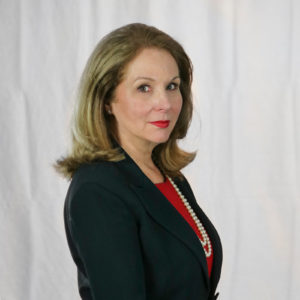 Becki Gray is Senior Vice President at the John Locke Foundation. She provides information, consultation, and publications to elected officials, government staff and other decision makers involved in the state public-policy process.
Becki Gray is Senior Vice President at the John Locke Foundation. She provides information, consultation, and publications to elected officials, government staff and other decision makers involved in the state public-policy process.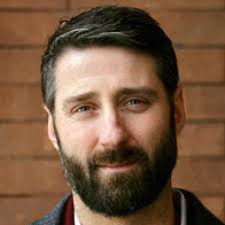
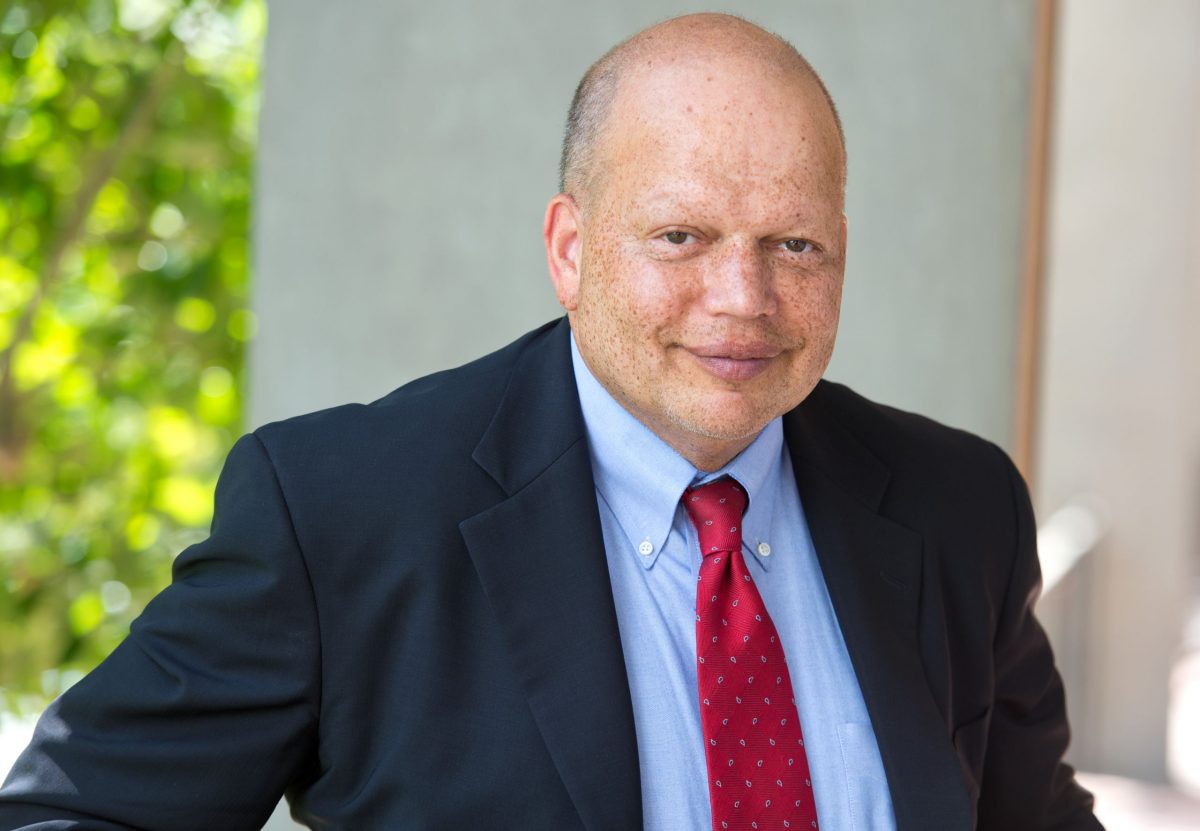 Ted Shaw is the Julius L. Chambers Distinguished Professor of Law and the Director of the UNC Center for Civil Rights. Shaw teaches Civil Procedure and Advanced Constitutional Law. His research areas include the Fourteenth Amendment, affirmative action, housing policies regarding fair housing. Among his scores of honors are the 2012 Harlem Neighborhood Defenders Office W. Haywood Burns Humanitarian Award and the 2012 Office of the Appellate Defender Milton S. Gould Award for Outstanding Advocacy. Shaw has published many book chapters, articles and essays on civil rights, including the introduction to The Ferguson Report: United States Department of Justice, Civil Rights Division.
Ted Shaw is the Julius L. Chambers Distinguished Professor of Law and the Director of the UNC Center for Civil Rights. Shaw teaches Civil Procedure and Advanced Constitutional Law. His research areas include the Fourteenth Amendment, affirmative action, housing policies regarding fair housing. Among his scores of honors are the 2012 Harlem Neighborhood Defenders Office W. Haywood Burns Humanitarian Award and the 2012 Office of the Appellate Defender Milton S. Gould Award for Outstanding Advocacy. Shaw has published many book chapters, articles and essays on civil rights, including the introduction to The Ferguson Report: United States Department of Justice, Civil Rights Division.